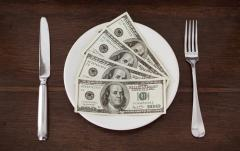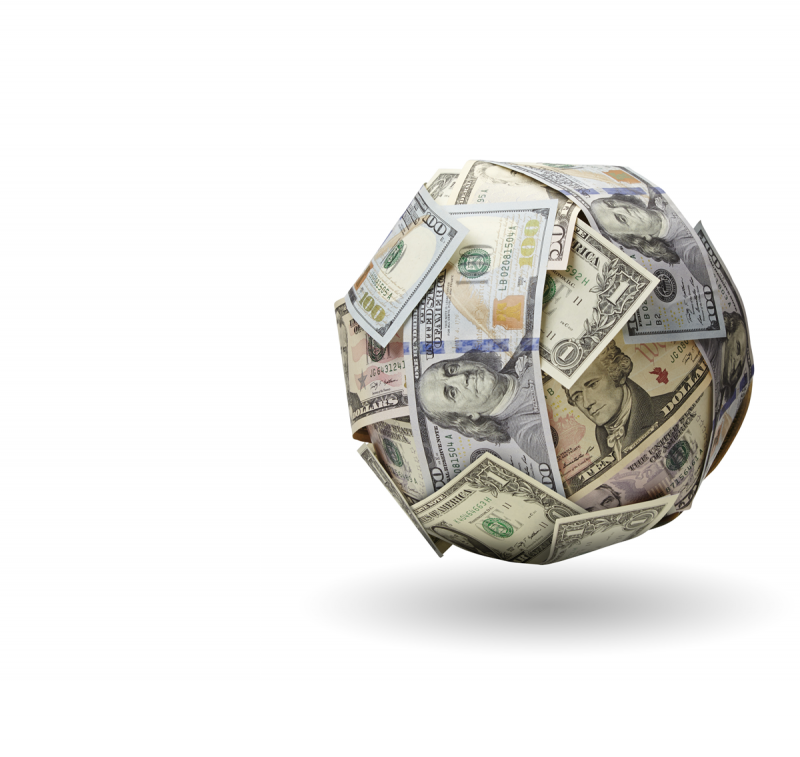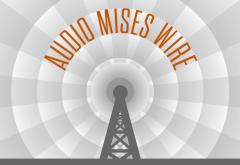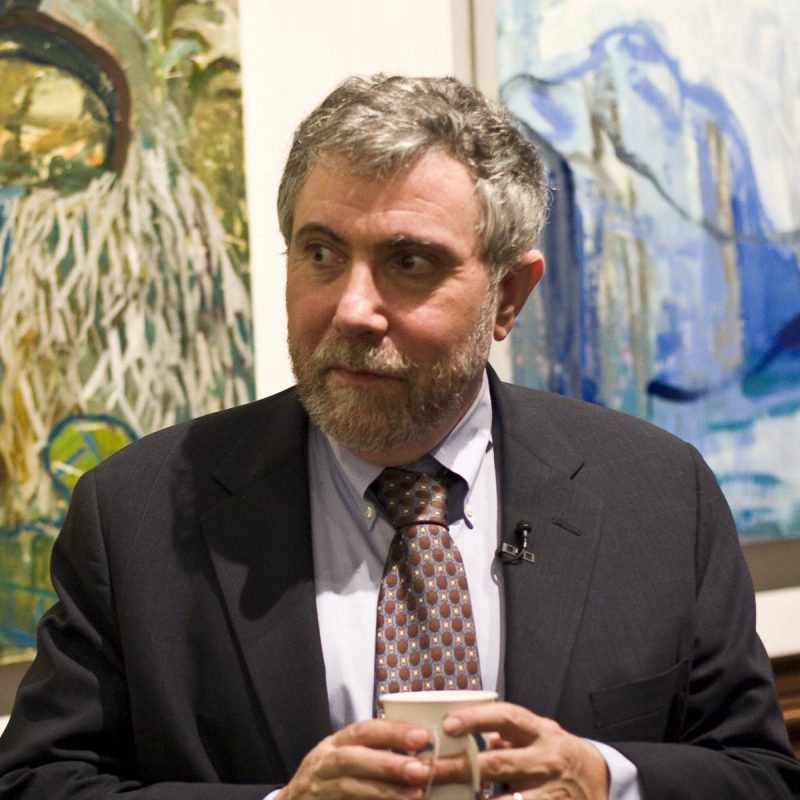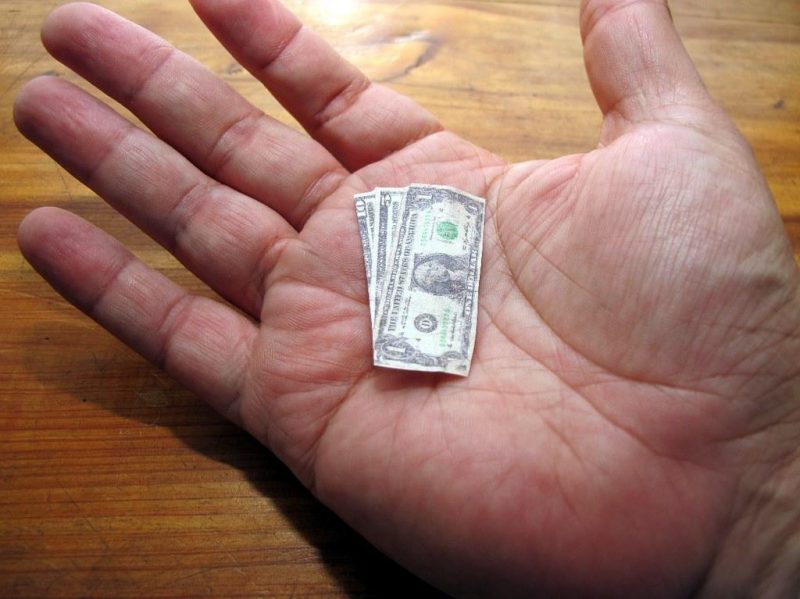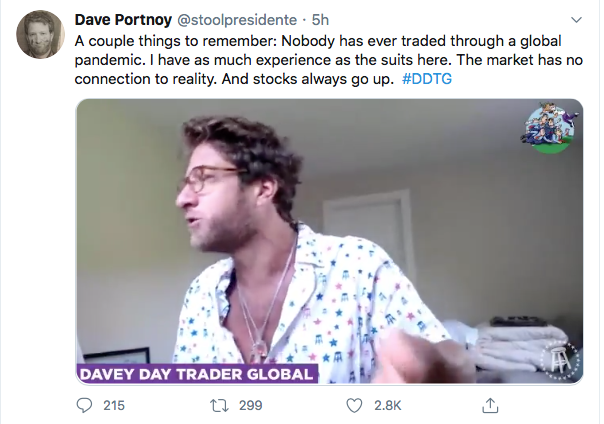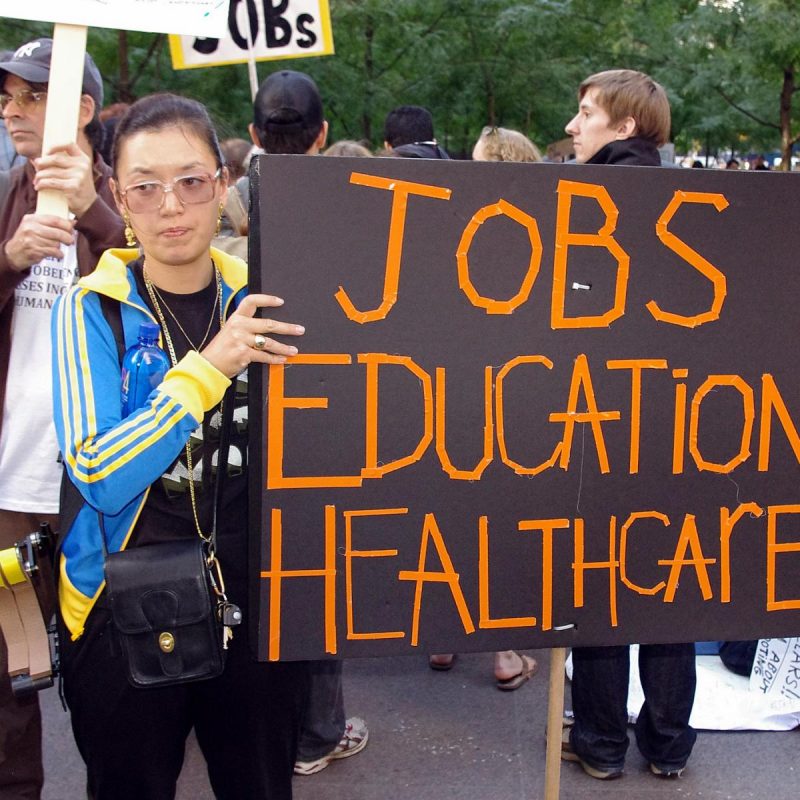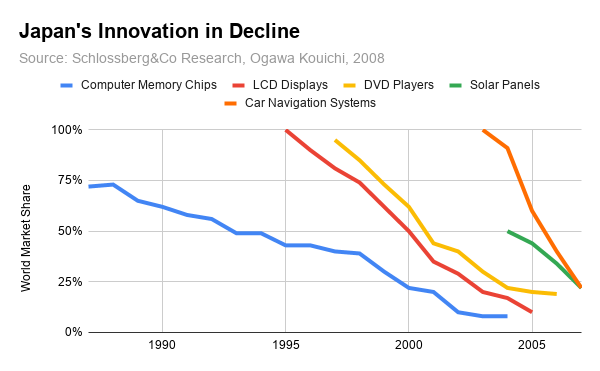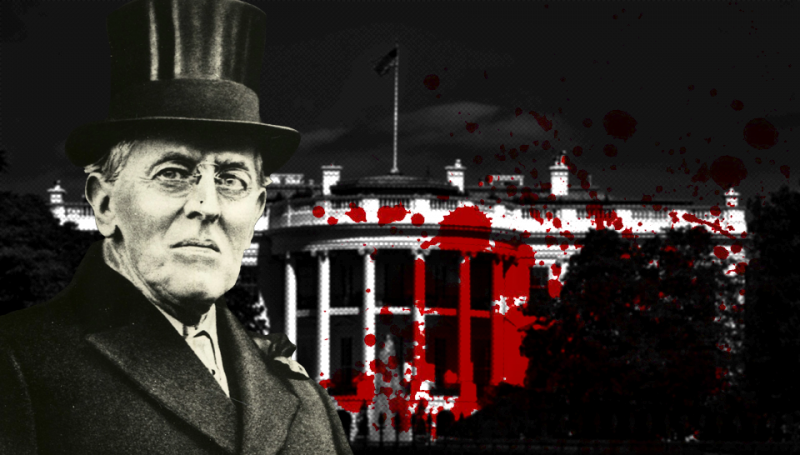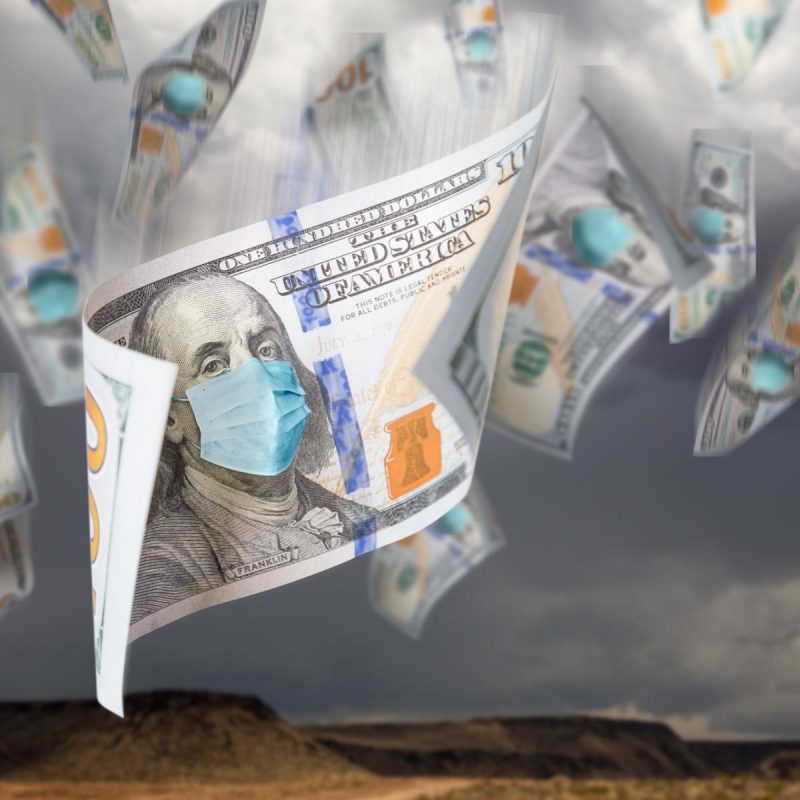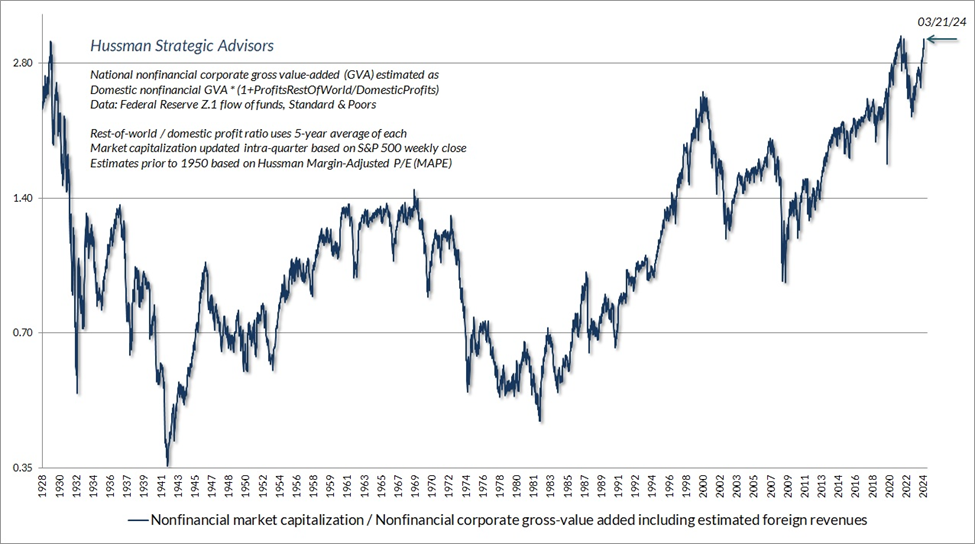Category Archive: 6b.) Mises.org
A Rising Demand for Money Won’t Save Us from Inflation
According to popular thinking, not every increase in the supply of money will have an effect on the production of goods. For instance, if an increase in the supply is matched by a corresponding increase in the demand for money, then there will be no effect on the economy.
Read More »
Read More »
Walter Berns and the Cult of “Patriotic” Sacrifice
[unable to retrieve full-text content]In his great new book The Problem with Lincoln, Tom DiLorenzo brought back an old memory. As Tom points out, Walter Berns, who taught political science at Cornell and then worked for the American Enterprise Institute, was one of the main figures urging us to worship Honest Abe.
Read More »
Read More »
The World Is Drowning in Debt
According to the International Monetary Fund (IMF), global fiscal support in response to the crisis will be more than $9 trillion, approximately 12 percent of world GDP. This premature, clearly rushed, probably excessive, and often misguided chain of so-called stimulus plans will distort public finances in a way which we have not seen since World War II.
Read More »
Read More »
The Dangers Posed by State-Controlled Digital Currency
If we choose to break the state monopoly of money and allow private digital currencies to compete, a myriad of different solutions will emerge to serve a myriad of different needs.
Read More »
Read More »
How Central Banks Destroy Money’s Purchasing Power
Without a monopolist central bank, market forces would restrain the issuance of bank notes. But once central banks monopolize money creation, wealth is systematically transferred to the central bank and the privileged few who are favored by the state.
Read More »
Read More »
A Rothbardian Analysis of the Constitutional Convention
Relates to Murray Rothbard’s Conceived in Liberty, Volume V: The New Republic, 1784-1791 and my forthcoming book, Liberty versus Power: A History of Cronyism in the United States, 1607-1849 (2021?)
Read More »
Read More »
The Death Wish of the Anarcho-Communists
[This article first appeared in the Libertarian Forum, January 1, 1970.]
Now that the New Left has abandoned its earlier loose, flexible non-ideological stance, two ideologies have been adopted as guiding theoretical positions by New Leftists: Marxism-Stalinism, and anarcho-communism.
Marxism-Stalinism has unfortunately conquered SDS, but anarcho-communism has attracted many leftists who are looking for a way out of the bureaucratic and statist...
Read More »
Read More »
Krugman’s Keynesianism Has Made Him Wrong about Much More Than Economic Theory
Let me tell you about Keynesian economists. They are different from you and me. They learn their mathematical models and aggregate terminology early and easily, and it does something to them, makes them proud and self-omniscient where the rest of us are circumspect, in a way that, unless you were born a Keynesian economist, is very difficult to understand.
Read More »
Read More »
Why Bolivia Needs to Decentralize
It was only eight months ago that Bolivia concluded a bizarre political conflict that saw President Evo Morales step down from office. Morales was pursuing a fourth presidential term but encountered numerous constitutional roadblocks.
Protesters cited irregularities and alleged voter fraud during elections in October 2019 as the principal motive behind their demonstrations.
Read More »
Read More »
The Great Society: A Libertarian Critique
The Great Society is the lineal descendant and the intensification of those other pretentiously named policies of twentieth-century America: the Square Deal, the New Freedom, the New Era, the New Deal, the Fair Deal, and the New Frontier. All of these assorted Deals constituted a basic and fundamental shift in American life—a shift from a relatively laissez-faire economy and minimal state to a society in which the state is unquestionably king.
Read More »
Read More »
How Central Banks Destroy Money’s Purchasing Power
Most economists hold that a growing economy requires a growing money stock on grounds that growth gives rise to a greater demand for money that must be accommodated. Failing to do so, it is maintained, will lead to a decline in the prices of goods and services, which in turn will destabilize the economy and lead to an economic recession, or even worse, depression.
Read More »
Read More »
Stocks Always Go up. Until They Don’t.
Economist Irving Fisher famously said just before the 1929 stock market crash, “Stock prices have reached what looks like a permanently high plateau.” Whoops. Fisher wasn’t just any old economist. Joseph Schumpeter called him "the greatest economist the United States has ever produced." Milton Friedman and James Tobin agreed.
Read More »
Read More »
The “Old” vs. the “New” Liberalism
It is not disputed that the popular meaning of liberal has changed drastically over time. It is a well-known story how, around 1900, in English-speaking countries and elsewhere, the term was captured by writers who were essentially social democrats.
Read More »
Read More »
What Germany Must Do for a Speedy Recovery
On June 29, the German parliament reacted as parliaments normally do when there is a problem, namely, by allowing the government to spend more. In order to respond to the economic difficulties due to the corona epidemic and the government restrictions, it passed a typical Keynesian stimulus package in order to boost aggregate demand.
Read More »
Read More »
The Social Consequences of Zero Interest Rates
Anyone who has ever been to Japan knows: Japan is special. The country has many strange habits. The Japanese culture is simply different and many peculiarities are hardly understood in the West. But it's not only the old established traditions that are foreign to us Westerners.
Read More »
Read More »
Will the Police Crack Down on Lockdown Violators the Second Time Around?
It will be very interesting if the police—who did nothing to disperse protests that were obviously in violation of bans on mass gatherings—turn around and arrest business owners and other "violators" of a second round of stay-at-home orders.
Read More »
Read More »
The Disastrous Legacy of Woodrow Wilson
[unable to retrieve full-text content]Princeton University has made it official: Woodrow Wilson’s name no longer will have any place on campus. The former president, or at least his memory, now is part of cancel culture, which is sweeping the nation. The Woodrow Wilson School of Public and International Affairs will replace the former president’s name with “Princeton,” and Wilson College now will be called First College.
Read More »
Read More »
How Historians Changed the Meaning of “Liberalism”
Understandably enough, the current disfavor into which socialism has fallen has spurred what Raimondo Cubeddu (1997: 138) refers to as “the frenzy to proclaim oneself a liberal.” Many writers today have recourse to the stratagem of “inventing for oneself a ‘liberalism’ according to one’s own tastes” and passing it off as an “evolution” from past ideas.
Read More »
Read More »
A Review of Stephanie Kelton’s The Deficit Myth
The good news is that Stephanie Kelton has written a book on MMT that is very readable and will strike many readers as persuasive and clever. The bad news is that Stephanie Kelton has written a book on MMT that is very readable and will strike many readers as persuasive and clever.
Narrated by the author.
Original Article: "A Review of Stephanie Kelton’s The Deficit Myth".
Read More »
Read More »
The COVID Crisis Supercharged the War on Cash
The corona crisis has already taken a very high toll and caused deep damage in our societies and our economies, the extent of which is yet to become apparent. We have seen its impact on productivity, on unemployment, on social cohesion and on political division. However, there is another very worrying trend that has been accelerated under the veil of fear and confusion that the pandemic has spread.
Read More »
Read More »









